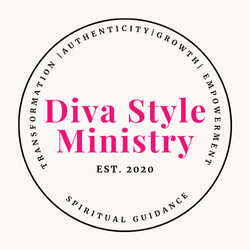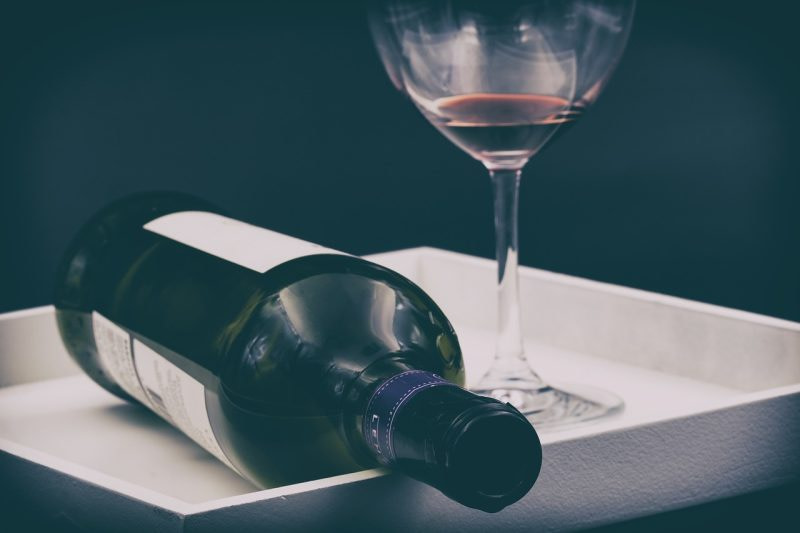Have you ever found yourself at a holiday party or celebration, delighting in the festive atmosphere, only to realize later that your enjoyment depended on indulgence in a alcoholic drink?
Whether it’s the allure of mulled wine at a family gathering or the “social lubricant” of a cocktail with colleagues, it’s not uncommon to associate these socially acceptable and often pleasant moments with indulgence.
But what happens when the holidays end and the reliance on these spirits lingers? Let’s explore the impact of alcohol as a coping mechanism, its pitfalls, and provide you with some healthier alternatives to uplift your spirits.
An Unhealthy Pattern: Relying on Alcohol for Emotional Support
During recognized holiday seasons – warmer and colder – it’s a common scenario: the enticing aroma of mulled wine fills the air, huge tubs of beer and wine at backyard parties, or free drinks that flow in abundance at office parties.
Holidays and celebrations are a time of joy, relaxation, and often, a bit more alcohol consumption than usual. While this seems harmless during festive times, the problem arises when alcohol becomes a crutch to get through the less cheerful, slower months. It can be easy to associate the “good feelings” with alcohol and make it the reason for having a “good time” when it’s really you, the people you enjoy spending time with, and genuine human connections that should be credited.
Alcohol is a depressant and can lower your spirits instead of lifting them. The misguided attempt to find comfort or a solution for your challenges in a glass can lead to a vicious cycle of drinking and emotional downturns, leaving you feeling worse instead of better.
The Consequences of Misusing Alcohol
Turning to alcohol or stimulants to elevate your mood can be a slippery slope.
Initially, these substances might offer a temporary escape or a burst of fake cheerfulness, but they often lead to a hard crash and feelings of regret. This cycle can be dangerous, potentially leading to addiction and worsening mental health.
It’s a significant concern, especially during post-holiday blues, when you might be more vulnerable to such pitfalls. Understanding the risks associated with using alcohol or stimulants as emotional crutches is crucial for maintaining mental and emotional wellbeing.
Healthier Ways to Lift Your Spirits
There are many healthy ways to improve your mental and emotional outlook if you’re going through a rough time – and not only during the holidays or seasonal celebrations. Check out the options below and choose one or more to have in your toolkit so that the next time you feel a little low, you have a plan of action to implement.
- Embrace Your Hobbies: Engaging in hobbies you love (or starting one you’re interested in) can significantly improve your mood. Whether it’s painting, hiking, or gardening, hobbies provide a productive and fulfilling escape, and the endorphin boost will replace the quick elevation and the uncomfortable crash of alcohol.
- Socialize Mindfully: While socializing can be uplifting, ensure it doesn’t only revolve around drinking. Plan activities with friends that focus on shared interests rather than just meeting for drinks. You can even search out meetup groups that focus on the hobbies mentioned above to help you expand and improve your interests.
- Focus on Self-Care: Prioritize activities that promote self-care, like meditation, yoga, or a relaxing bath. These practices can provide a deeper sense of relaxation and peace and avoid the negative results of overindulging in alcohol.
- Seek Professional Help: If you are struggling with substance dependence or suspect your indulgence may be crossing the line into unhealthy behavior, it’s crucial to seek professional help. Therapists or support groups can offer guidance and support, and the sooner you start, the sooner you can declare victory and return to a healthier balance.
- Explore Alternative Coping Strategies: Learn new coping mechanisms that don’t involve substances. This might include journaling, exercise, or exploring nature. Commit to a 30-day period of consistently using your chosen strategy to help create a healthy habit and experience the benefits.
Journaling Prompts to Boost Healthy Coping Skills
Use one or more of these prompts to start or deepen your personal journaling practice. Give yourself time to think about what the prompt brings up for you and explore your feelings on paper. If you need a journal, click HERE to see our available journals.
- Reflect on a time when you turned to alcohol or stimulants for comfort. What emotions were you trying to manage? Did the alcohol or substance actually help or just delay your dealing with them?
- Imagine your ideal way to unwind without alcohol. What activities are involved?
- Write about a hobby you’ve always wanted to try and how it could positively impact your life. Make a decision to get started and put the date in your calendar.
- Describe a recent social event where you had fun without relying on alcohol. What made it enjoyable?
- Journal about your self-care routine. How can you enhance it to better support your emotional wellbeing?
Affirmations to Encourage Healthy Self-Care Activities
Read the set of related affirmations below aloud. It’s important to your conscious and subconscious mind to hear the affirmations said in your own voice. Choose one or two of the affirmations from the set to start working with. You only need one or two affirmations, used consistently, to make a substantial change in your life.
Choose one affirmation that feels easy to you and choose another that generates resistance or disbelief. The idea is to practice extending your current self-imposed limits and encourage growth.
Say your chosen affirmation loud enough for your mind to hear your voice saying the words and take notice of how you feel as you begin and as you continue your practice. Repeat your chosen affirmation multiple times a day for at least 30 days and reinforce your affirmation by writing it in your journal.
You can change your life by beginning an affirmation practice – using one or two favorite affirmations over the course of 30 to 60 days can permanently change your mindset and your life.
- I find joy and comfort in simple, healthy activities that nourish my soul.
- I am stronger than my cravings and choose activities that promote my wellbeing.
- My happiness is rooted in my self-care, not in external substances.
- Every day, I make choices that support my mental and emotional health.
- I am capable of finding joy in life’s simple pleasures without relying on alcohol.






